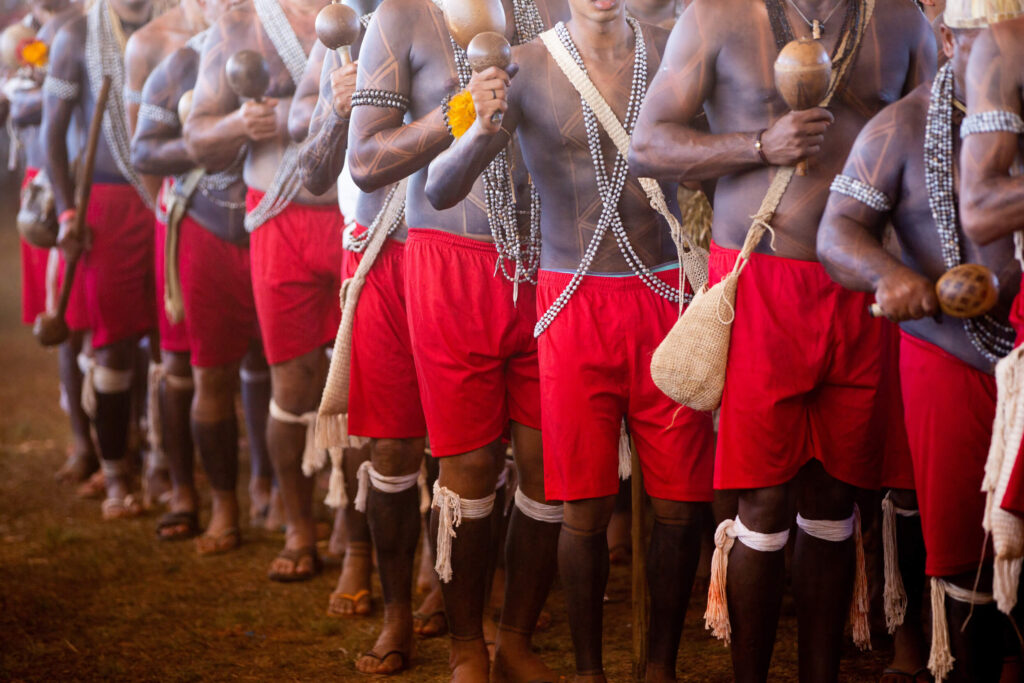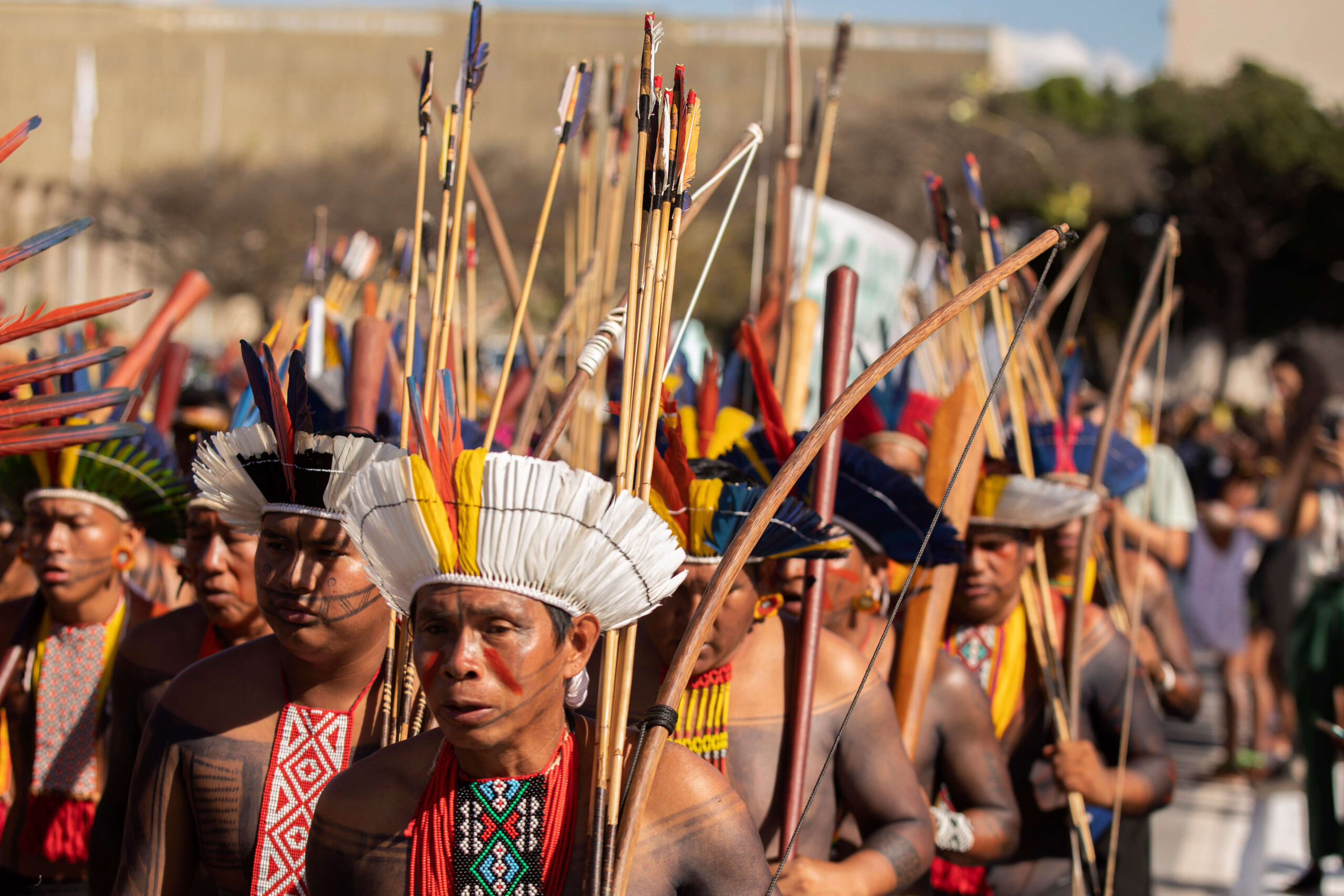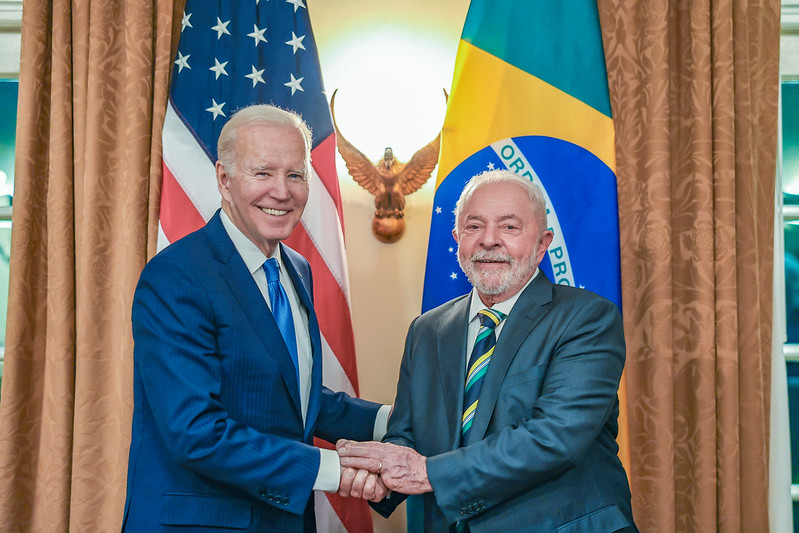São Paulo, Brazil – In a major setback for Brazil’s Indigenous, as well as for the government of President Luiz Inácio Lula da Silva, the country’s Congress last week overturned the president’s recent veto of the so-called “Indigenous Lands Time Limit” bill.
The bill seeks to set a time limit for demarcating Indigenous lands, restricting new demarcations only to Indigenous peoples who can prove that they have occupied their land since before October 5, 1988, the date Brazil’s current Constitution came into effect which codified the land demarcation process.
Demarcation is an important tool to help protect Brazil’s many Indigenous peoples as well as the environment. Officially demarcated lands are meant to be protected by the government from land grabbers, ranchers, miners, and loggers who are increasingly encroaching on Indigenous territories in places like Brazil’s Amazon.
On December 14, Congress overturned Lula’s veto of the bill which was originally passed by the body in September.
Read more: Brazil’s Senate limits Indigenous land rights; President Lula expected to veto law
At the time, Brazil’s Supreme Court also declared the thesis behind the bill unconstitutional. The decision stemmed from a lawsuit filed by Brazil’s National Indian Foundation (FUNAI), the federal agency tasked with protecting indigenous peoples.

The lawsuit protested a decision from a lower court to grant the southern state of Santa Catarina possession over the 37,000-hectare (91,439-acre) Ibirama-Laklãnõ Indigenous territory, which is home to the Xokleng people, citing the so-called time limit trick.
Indigenous communities say the time limit rule is unconstitutional because Brazil’s Constitution does not stipulate a time limit for demarcating lands.
Moving forward
Despite setbacks, the Indigenous community continues to fight for demarcation rights in Brazil.
The country’s first Indigenous Minister of Indigenous Peoples, Sônia Guajajara, announced on social media last week that she would file a lawsuit with the Supreme Court to declare the bill unconstitutional.
“Congress’s decision disrespects the Constitution, Indigenous peoples, and the future of Brazil,” she wrote on X. “We are going to ask the Attorney General’s Office to file a Direct Action for Unconstitutionality with the Supreme Court so that we can guarantee compliance with the decision already made by the high court.”










